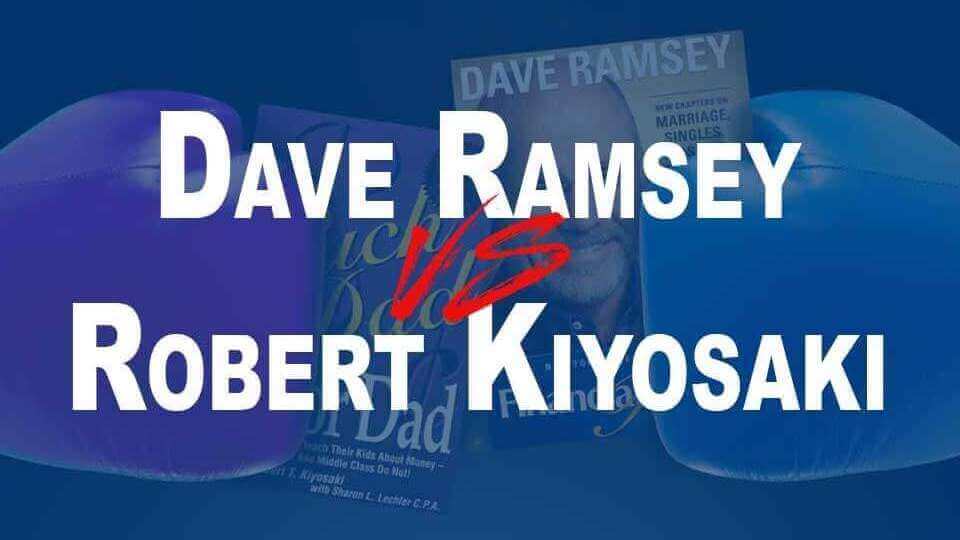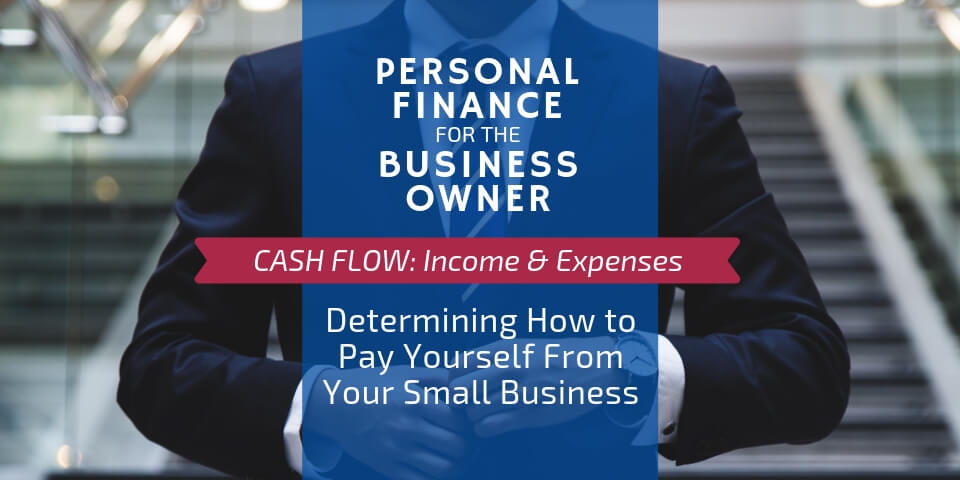
An Epic Financial Battle! Dave Ramsey vs Robert Kiyosaki! Who’s Right?
April 19, 2019
Determining How to Pay Yourself as a Small Business Owner
April 29, 2019Why Personal Cash Flow Matters to the Business Owner

Richard Branson, famous entrepreneur and owner of Virgin Airlines, once said, “Never take your eyes off the cash flow because it is the lifeblood of business.” I agree with that. I would say the same is also true in your personal finances. However, I actually propose that the amount of cash flow which passes through your personal accounts is more important than the cash flow that passes through your business accounts. Therefore, personal cash flow matters to the business owner a great deal.
Podcast Time Index for “Personal Cashflow – Where Should the Money Go”
- 00:50 – Personal Cashflow
- 02:05 – What is Cashflow?
- 02:57 – Family Budget vs. Work Budget
- 04:36 – Excess Cashflow
- 07:41 – What to do with the extra Cashflow
- 08:28 – Why does it matter?
- 09:47 – Wrap Up
What is Cash Flow?
To make sure we’re all on the same page, let’s define cash flow. Technically, cash flow is the net amount of cash you deposit and spend during a period of time. In my Financially Simple terms, cash flow is the amount of money you put into your checking account minus the amount of money you use to pay bills each month. Whether you’re looking at personal cash flow or business cash flow, your goal is to have more cash coming into your accounts than going out of them.
Limit Cash Flow Surplus
The need to create extra money each month is important. Everyone needs just a little bit of surplus. However, you do not need to create too much extra cash flow in your personal accounts.
Let me explain. Whenever extra cash hits your business, you can decide if you want to spend the cash or keep it as income. You can buy new products or invest in new machinery. You can advertise more or increase employee salaries. Ultimately, whenever you spend the extra cash in your business, you create a tax deduction which prevents tax levies on the extra income.
However, when you take home extra cash, there are usually not tax deductions available to offset your extra income. If you put more money into your personal cash flow than you’re spending, you have created a taxable event. Subsequently, you could be taxed on that income at 40, 50, or 60%, depending on your state and federal tax brackets and levels. Therefore, properly controlling your personal cash flow as a business owner is vital. I would even say that it’s more important than controlling the cash flow in your business.
Controlling Your Personal Cash Flow
Whenever you want to control personal cash flow, I recommend starting by building a budget around the desired lifestyle you want to live. Then, only deposit the amount of cash into your personal accounts that is necessary to reach your personal lifestyle and personal planning goals.
Let’s say that you take home $100,000 in income from your business each year. You spend $80,000. That leaves you with a surplus of $20,000 that’s potentially subject to taxes. Thus, maybe you only take home $80,000 for the year, or maybe you talk to your CERTIFIED FINANCIAL PLANNER™ and your CPA to develop tax deferral or investment strategies for that surplus. Perhaps, you keep the $20,000 surplus and use it to pay off debts. Maybe you invest it in an asset outside of your business or use it to stabilize your personal budget.

Why Personal Cash Flow Matters to the Business Owner
Essentially, if you can control your personal cash flow properly, you can actually create wealth by not paying too much in taxes. That’s why I say that your personal cash flow is more important than your business’s cash flow.
Additionally, if you can put your personal life into a cash flow management system, then you can gain short-term peace of mind. You’ll have the assurance that you can pay your monthly bills. Then, if you can track your cash flow and see how much money you’re making versus how much you’re spending, you can actually determine where you’ll be financially in 10 years’ time. That gives you long-term ease of mind, too.
For those reasons, I say that cash flow matters more in your personal life than it does in your business life. Many business owners fail to focus on their home budgets. They leave it to their spouses, or they leave it totally unattended. When business owners need cash, they just slide it over from their business accounts. However, if you don’t properly plan your personal cash flow, then you could be wasting money. If nothing else, you could be increasing the amount of money you owe the government. Don’t be that person. Don’t leave your extra money in the hands of the government if you could use it for yourself.
Do you know exactly how much to pay yourself from your business? We answer that question in our next article in the Cash Flow article series.



